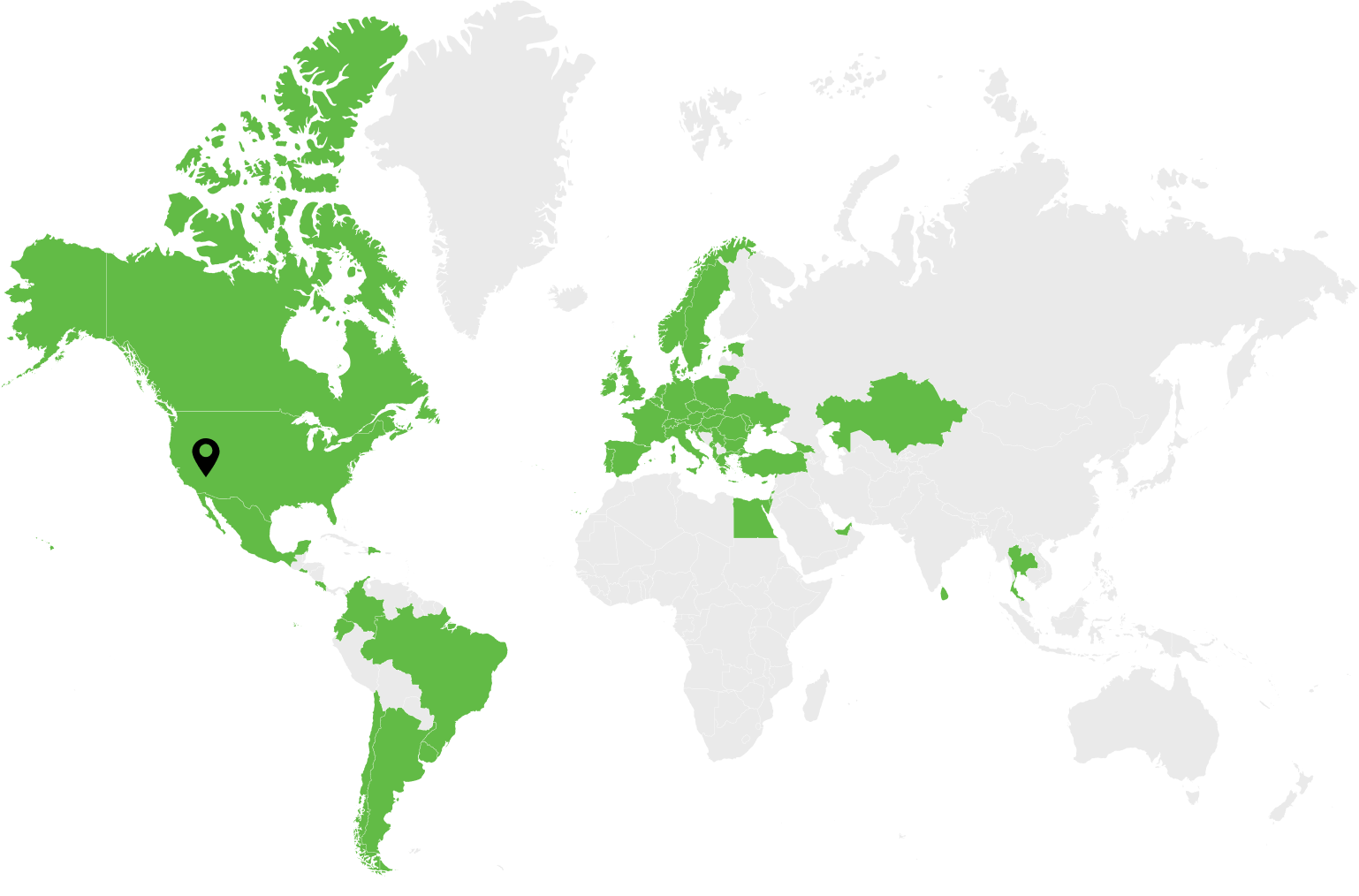Whether you operate a restaurant or ecommerce business, it’s difficult to stay ahead of digital transformation trends in your industry. Yet, customers across B2B and B2C models demand seamless experiences only made possible by integrating new models, services, and APIs into your solutions.
While staying ahead of the curve on new technologies like AI is hard enough, relying on your in-house IT team for major digital transformation initiatives greatly escalates such challenges. In-house IT teams often lack the time and expertise to seamlessly integrate platforms, tools, and channels — thus causing bottlenecks and rising project costs.
In this article, Dev.Pro explores how outsourcing ensures seamless data flow for system integrations so you can meet high customer expectations without breaking the bank.
Common Challenges with System Integrations
Integrations unify disparate systems to exchange data in a two-way manner in near real-time. While essential in today’s digital-first world, businesses struggle to implement system integrations for a variety of reasons:
- Legacy infrastructure
- Data siloes
- Security vulnerabilities
- Compliance hurdles
- System downtime
- API compatibility
- High overhead
- Skill gaps
Luckily, working with a skilled outsourcing partner will help you avoid the common pitfalls of implementing system integrations.
Utilizing Specialized Expertise
Outsourcing connects you with expert system integration engineers who bring the experience needed to streamline your tech stack and accelerate delivery.
Technical Capabilities
System integrations and modernization aren’t possible without skilled DevOps teams knowledgeable about APIs, microservices architecture, webhooks, and middleware. With such technical capabilities, outsourcing teams bring efficient integration planning, faster troubleshooting, and smoother system interoperability.
Identifying Compatibility Issues
Experienced DevOps teams identify compatibility issues early by leveraging proven frameworks, automated testing, and cross-platform expertise. In turn, seasoned engineers validate inter-system communication before deployment, mitigating the risk of post-launch failures and downtime.
Reducing Labor Costs
Digital transformation can be expensive, but outsourcing offers a strategic way to reduce labor costs while minimizing project risks and complexity.
Avoid Full-Time Hires
Since large-scale system integration projects add significant workloads, most organizations must bring in outside talent to get the job done. With system integration engineers in leading markets like the United States making $130,000 per year on average, the financial implications of hiring multiple engineers are hard to ignore.
Only Pay When You Need Help
Outsourced DevOps teams are ideal for atypical IT projects like system integrations. With outsourcing, you can quickly expand your internal team when demand spikes, then scale back once the project is complete. Companies like Dev.Pro provide customizable packages to support your digital transformation efforts.
Boosting Security & Compliance
Outsourcing strengthens security and compliance with experts who implement best practices and monitor evolving regulations.
Compliance Certifications
Partners with certifications in HIPAA, PCI-DSS, and SOC 2 ensure integrations meet industry-specific security and compliance standards. They design integrations with these standards in mind, ensuring data handling, access controls, and audit trails meet certification requirements to bolster security and reduce risk.
Data Governance
With the guidance of experienced outsourcing partners, companies can implement strong data governance policies that define how data is accessed, secured, and monitored. In turn, these policies ensure consistency across platforms, eliminate duplication, and maintain system integrity with proper versioning and transparent audit trails.
Minimizing System Disruptions
Outsourcing minimizes productivity losses commonly caused by data transfer delays, sync issues, and system adoption challenges.
Avoid Internal Bottlenecks
Outsourcing alleviates internal bottlenecks caused by limited capacity, staff overloads, and conflicting project priorities. Moreover, global outsourcing firms keep projects moving 24/7 by utilizing team members in strategic locations worldwide. At the same time, continuous monitoring ensures real-time issue detection and rapid response.
Mature CI/CD Pipelines
Outsourcing partners bring mature CI/CD pipelines that automate testing, integration, and deployment. CI tests each code change automatically, helping catch bugs early and avoid conflicts with other developers’ work. CD ensures code changes pass automated tests and are automatically deployed to production once validated.
Summary
Whether motivated by modernization or other digital transformation initiatives, the primary goal of system integration is to bring all systems together into one centralized platform. This synchronization boosts efficiency, saves time, and supports informed, data-driven decisions.
While adopting fast-evolving tools is essential for success in today’s business world, tasking your in-house teams with large-scale integration efforts can lead to staff overload and compromise the quality of their work. As a practical solution, outsourcing facilitates smooth data integration across systems to meet rising customer expectations and maintain cost efficiency.
Achieve Seamless Integrations with Dev.Pro!
Dev.Pro’s system integration team handles everything from basic POS integrations to large-scale enterprise projects connecting multiple databases, cloud solutions, on-premise systems, and SaaS platforms.
Book a meeting to learn more!

